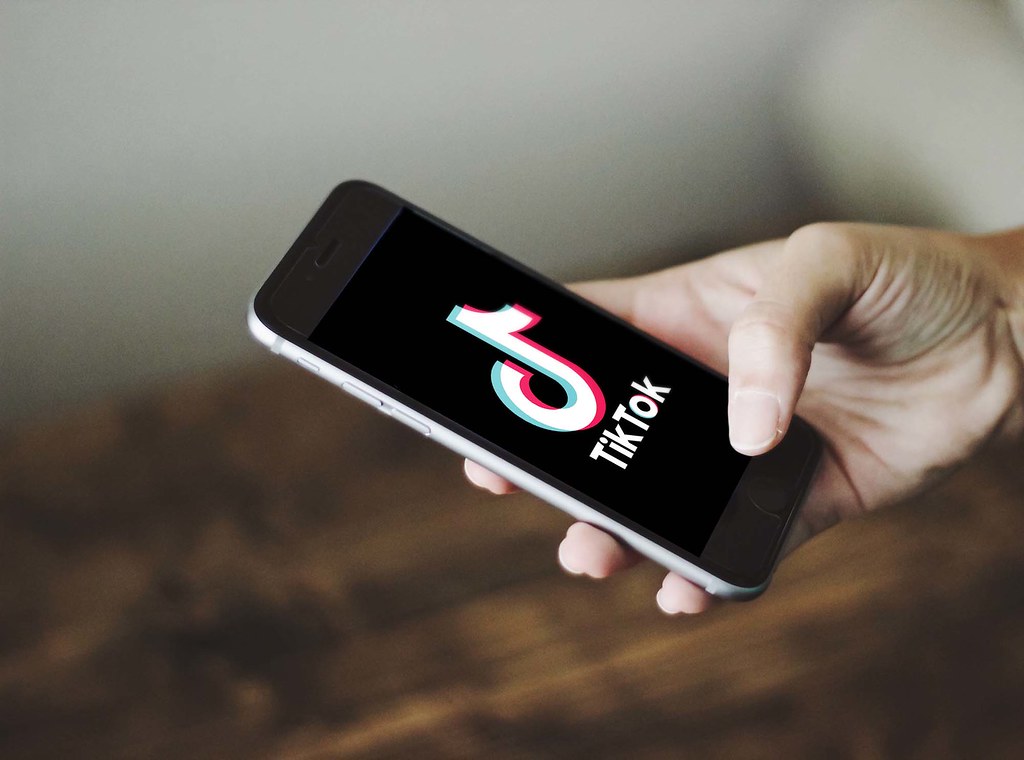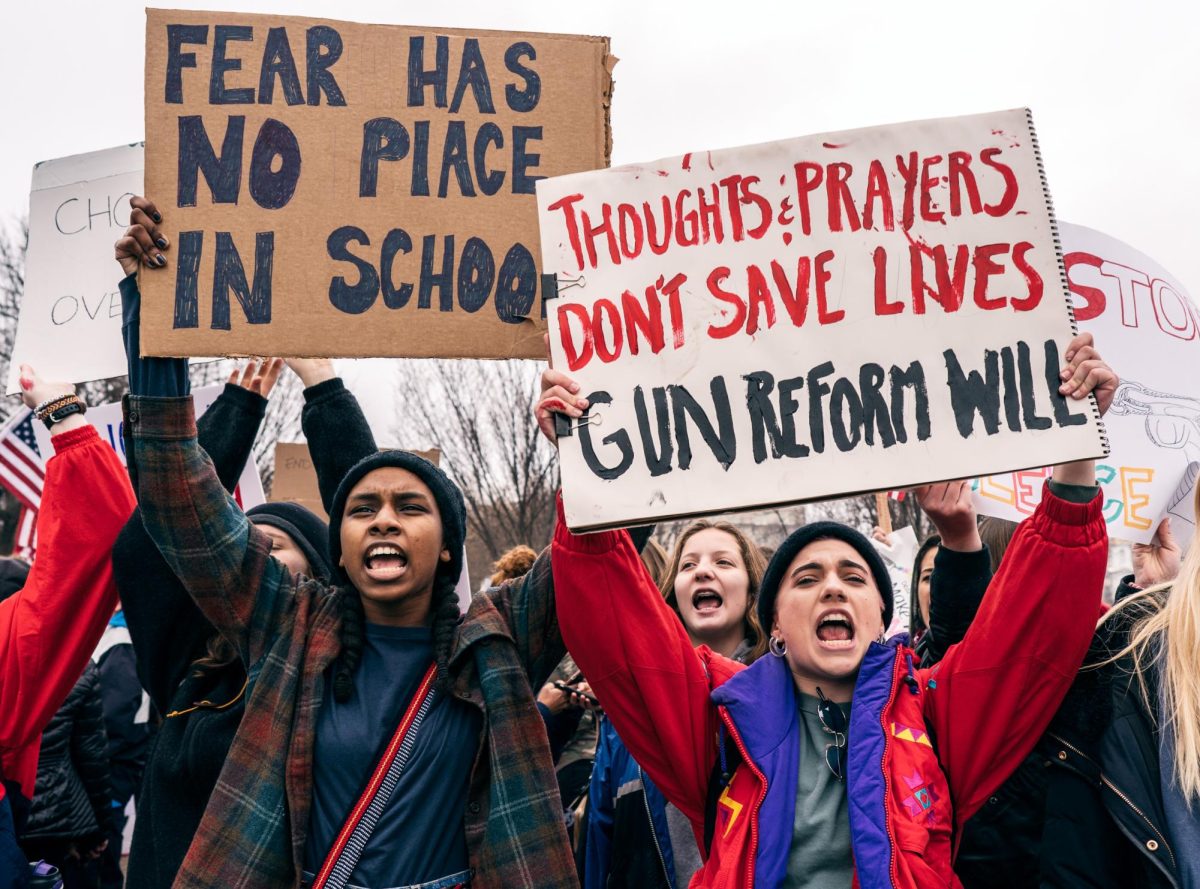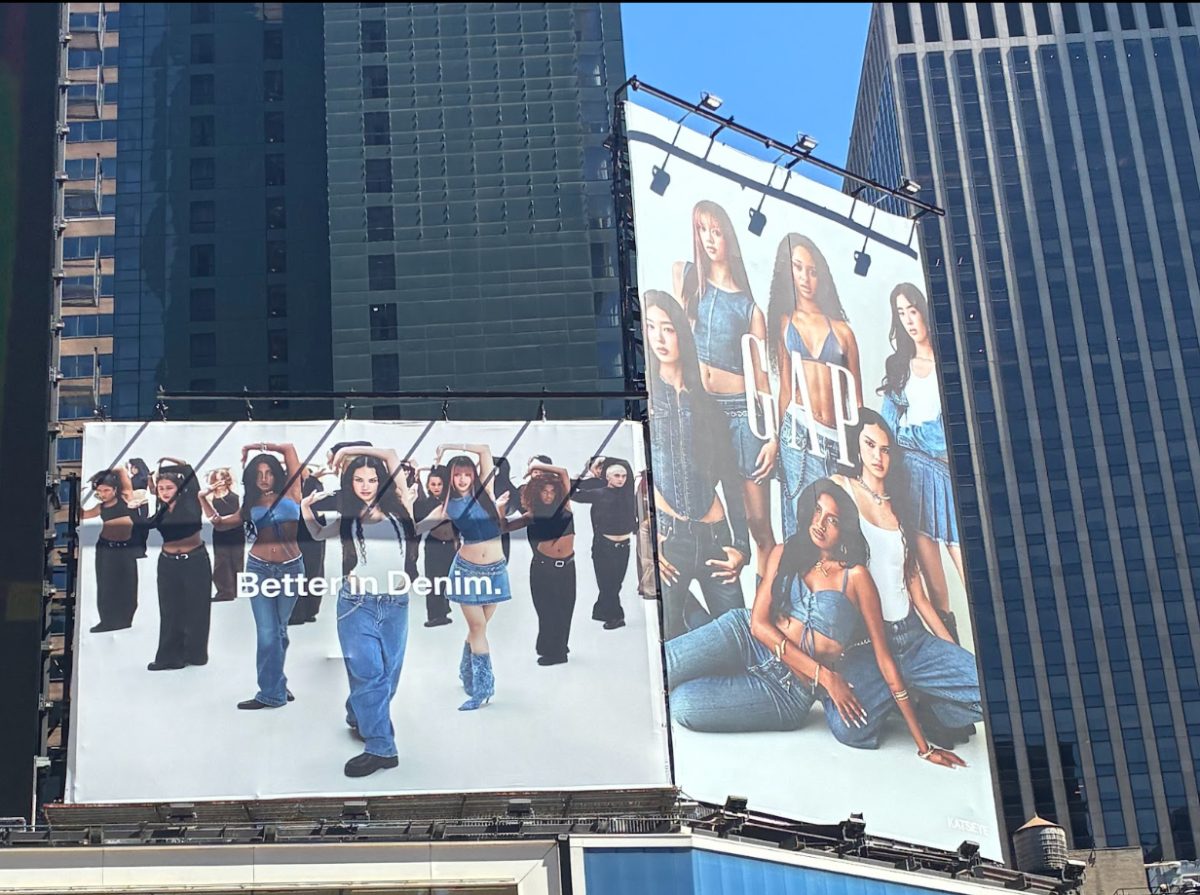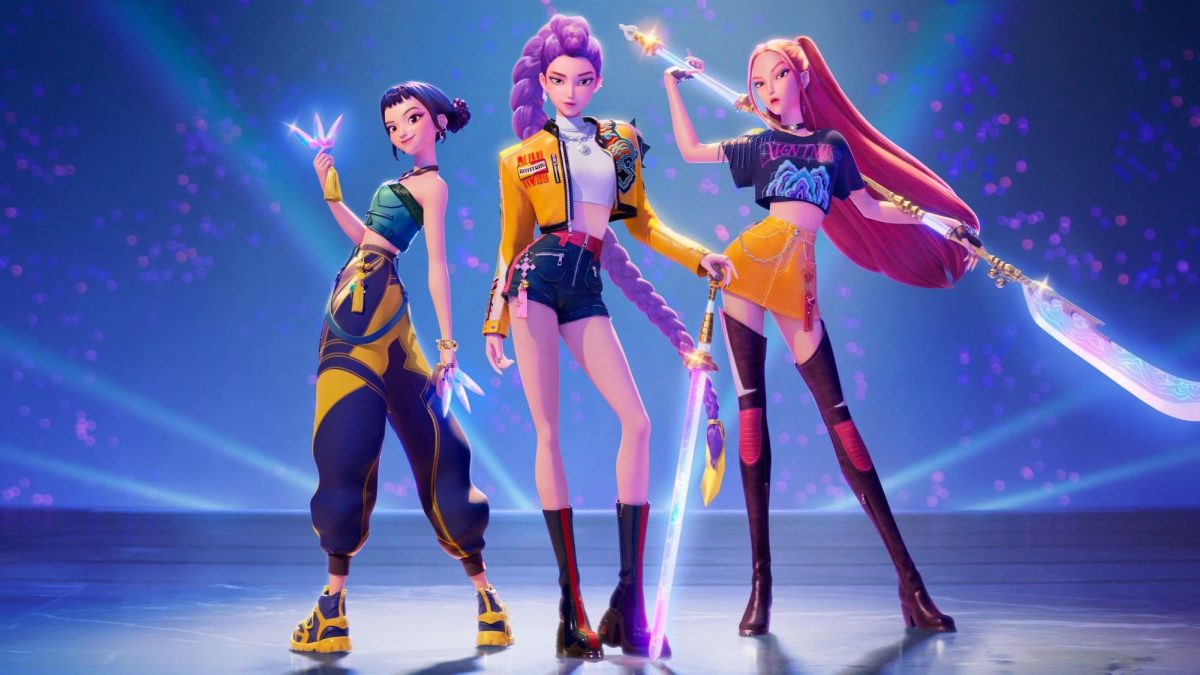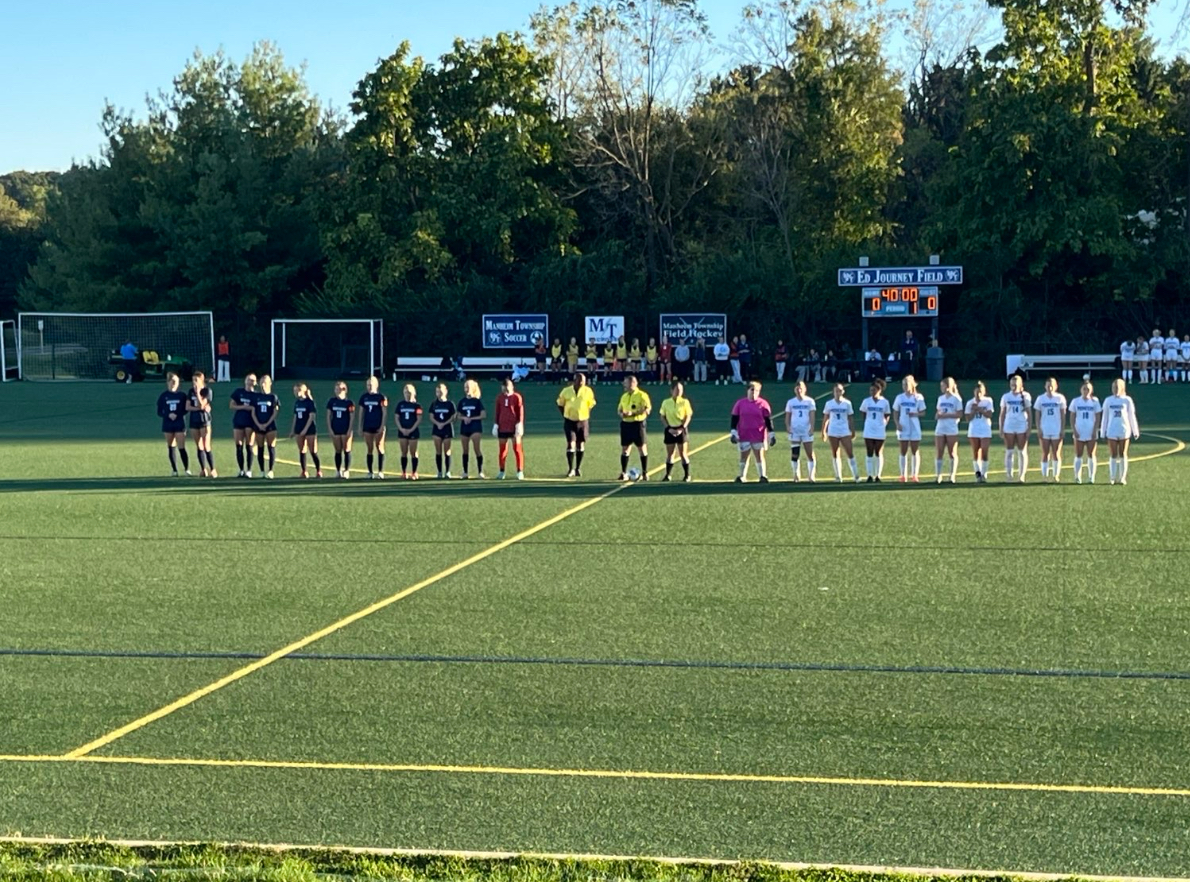On April 24, President Biden signed the “TikTok ban.” This bill requires that ByteDance, a Beijing-based internet company, sell its 40% interest in TikTok or the app will be “banned” in the US. TikTok has taken the new law to court and will fight to have it overturned. If TikTok is unsuccessful in fighting this bill, the “ban” will go into effect in January of 2025, which would require that Google and Apple remove the app from their app stores. TikTok has become unbelievably popular in American culture and it has come to affect politics, entertainment and businesses. With it being so influential, would removing or keeping TikTok be more dangerous? Is getting rid of TikTok the right choice?
The primary reason for this law is that the large amount of control that the company ByteDance has over such an influential app is a concern for the American government. Many American government officials worry that the Chinese government may “weaponize” the app and utilize it to collect data from the U.S..
“The idea that we would give the Communist Party this much of a propaganda tool, as well as the ability to scrape 170 million Americans’ personal data, is a national security risk,” said Senator Mark Warner on CBS ‘Face the Nation’.
However, TikTok disagrees with this concern for American security and claims to “have invested billions of dollars to keep the U.S. data safe” and maintains that “platform [is] free from outside influence and manipulation,” according to a statement from the CEO of TikTok, Shou Chew. TikTok believes that the “ban” is unconstitutional because it violates the First Amendment right of the 170 million Americans active on the app. The platform has used this defense previously when they successfully sued the state of Montana after they attempted to ban it in May of 2023. But really, the “ban” would not be a restriction of free speech because it only requires a different owner of ByteDance’s share of the app. The intentions of the new law are not to restrict creative media like some people believe; rather, it is to protect the data of Americans.
If TikTok fails in fighting the law in court, the clock would begin ticking for ByteDance to sell their stake in the app to a U.S.-approved buyer. Chinese authorities may block any attempt at selling the stake, which alone would be hard to sell because of its value of up to $150 billion. Along with this, even after the bill was signed, ByteDance claimed that they have no intentions to sell their stake in TikTok.
The well-known social media app has become very popular in society, with over 170 million American users. There is a multitude of content present on the app, and many popular content creators have created a large platform for themselves, on which they gain some (if not all) of their income from. The banking company Goldman Sachs estimates that the influencer economy is a $250 billion industry that will double by 2027.
What would happen to these influencers if there was no TikTok for them to post their content on? The new law sent shock waves through the influencer community on TikTok and many of them are concerned about what will happen to their industry without the platform. However, there are alternative social media platforms such as Instagram that influencers use as well. If the TikTok “ban” does eventually happen, there will probably be an increase in the popularity of other social media sites.
The panic that this new law is causing is unnecessary and the removal of TikTok would not be destructive in any impactful way. Social media influencers have plenty of other sites that they can create platforms for themselves on. Creative content will be able to be posted, shared and liked on alternative platforms. Plus, would having one less social media app be so bad?
“Without question, social media has its pitfalls — be it the negative impacts on our well-being, the misuse of social media by children, and the specifically terrible effects of social media on teen girls,” said Stacey Leasca in an Apple News article.
Social media isn’t necessarily always a bad thing. It can be helpful in spreading awareness and connecting with people around the world, but it can also spread harmful content and be addictive. The debate on whether or not the removal of TikTok is the right choice is much more complex than if social media is good or bad, but it would be interesting to see what teenagers and Americans as a whole will do if one of the most popular social media platforms that seems to be surrounded by so much controversy gets “banned”.


